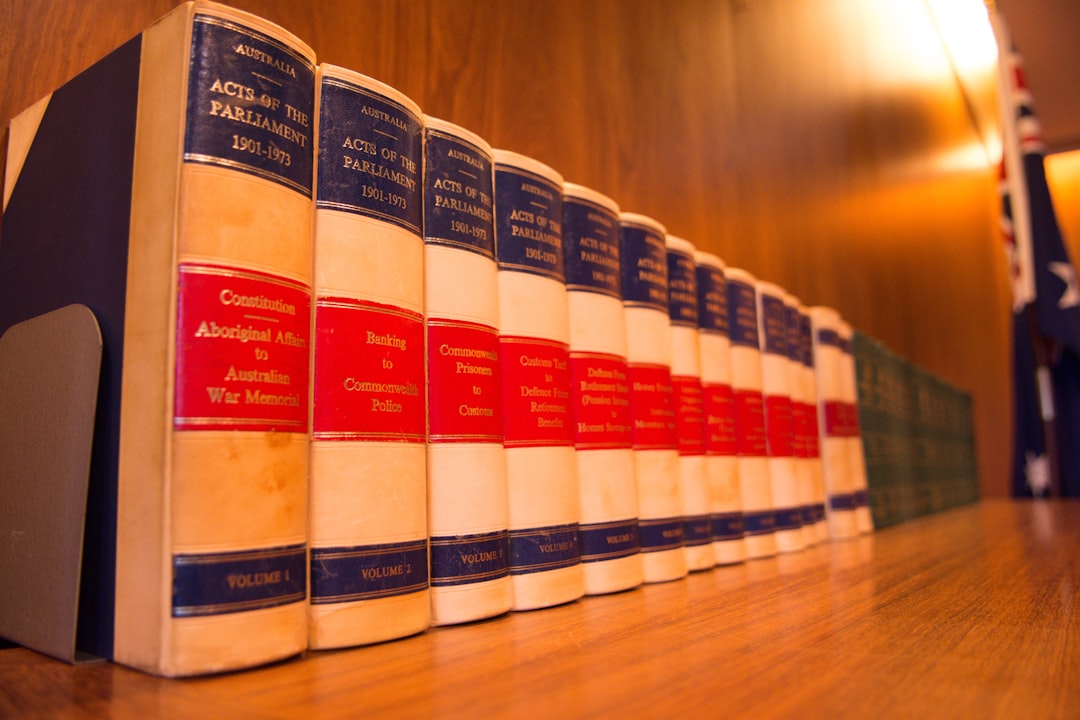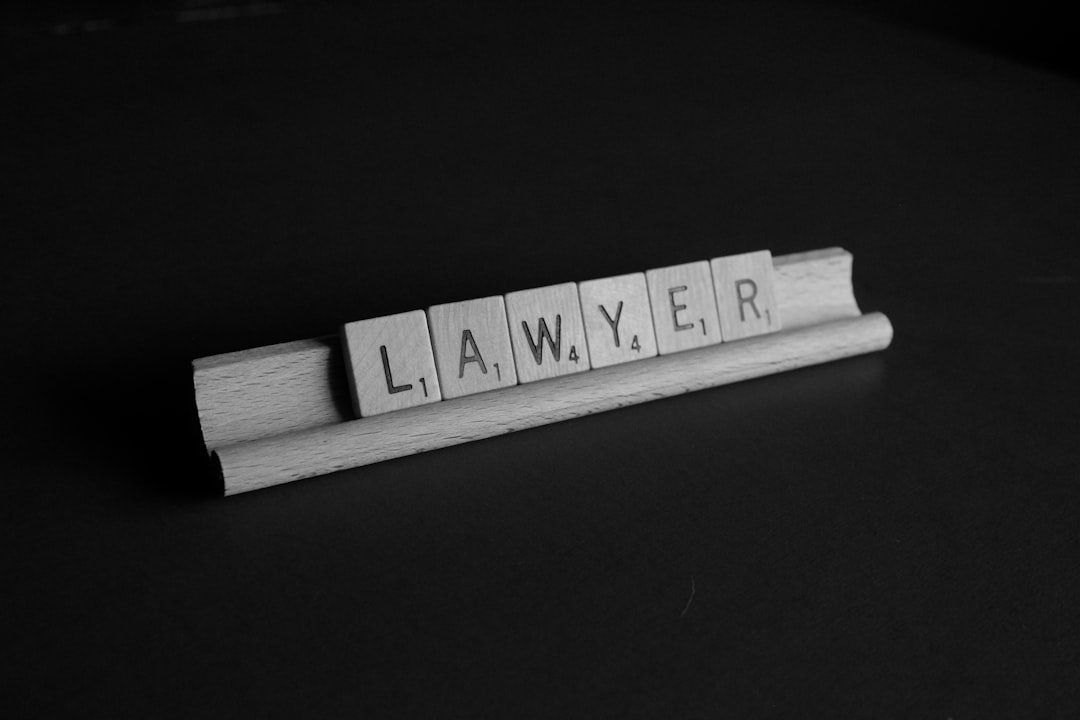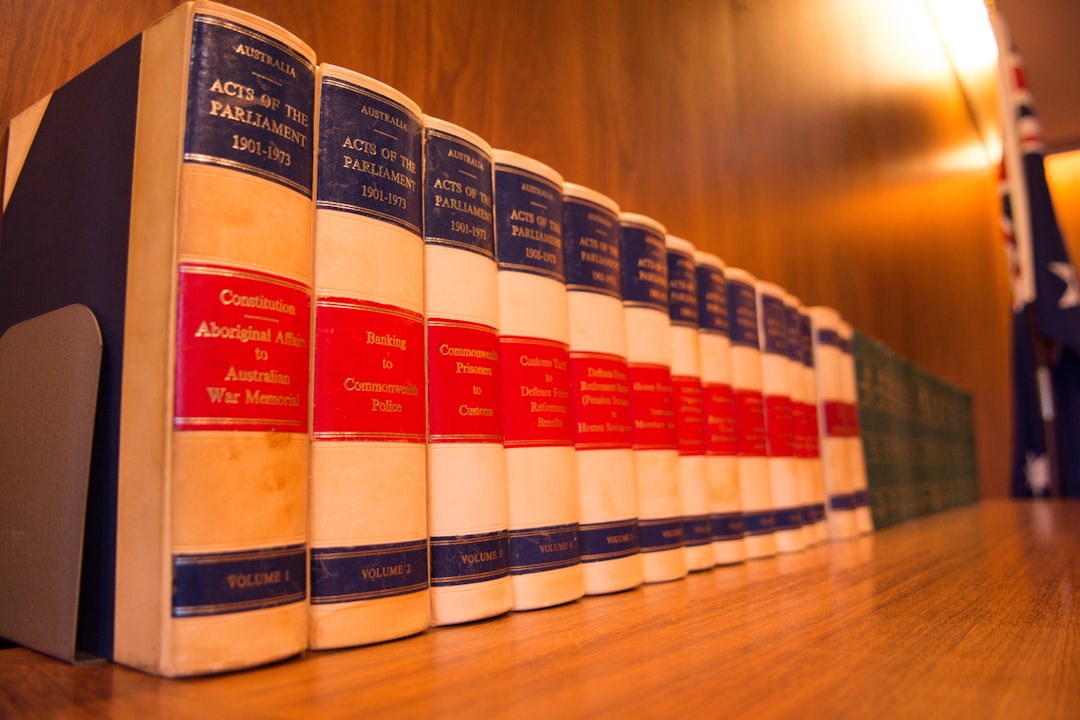Connecticut's strict sex trafficking laws require expert legal defense. Sex trafficking lawyers and firms navigate complex provisions, distinguish consensual interactions from criminal activity, and leverage loopholes for tailored defenses. They challenge evidence, witness testimonies, and advocate for rehabilitation over incarceration. Contacting a specialized lawyer or firm is vital to protect rights and secure fair justice in these emotionally charged cases.
Sex trafficking is a pervasive global issue, and Connecticut, with its vibrant yet bustling metropolis, is not immune. The charges associated with this heinous crime can be devastating for those accused, impacting their future and reputation. Defending against trafficking allegations requires an understanding of the complex legal landscape and evidence-based strategies. This article aims to guide individuals facing such charges by offering insights into navigating these challenging cases. With a focus on Connecticut’s legal framework, we provide valuable information for those seeking representation from experienced sex trafficking lawyers Connecticut, ensuring their rights are protected during this intricate process.
Understanding Sex Trafficking Laws in Connecticut

In Connecticut, sex trafficking is a severe criminal offense with significant legal implications. Understanding the state’s sex trafficking laws is paramount for anyone facing charges, as it involves complex statutes and strict penalties. A sex trafficking lawyer Connecticut, or any of the state’s reputable sex trafficking attorneys, can offer invaluable guidance in navigating this intricate legal landscape. These professionals specialize in defending individuals against such allegations, ensuring a thorough understanding of the law and its application.
The Connecticut sex trafficking laws are designed to protect victims and hold perpetrators accountable. Key provisions focus on coercing or forcing individuals into sexual acts for commercial gain. This includes situations where a person is recruited, harbored, transported, or received for the purpose of sexual exploitation. The state has implemented robust measures to combat this crime, with specific statutes addressing online solicitation, travel related to sex trafficking, and the involvement of minors. For instance, Connecticut’s legal framework may categorize and penalize different acts within sex trafficking differently, such as pimping, promoting prostitution, or human trafficking, each carrying its own set of penalties.
Given the complexity of these laws, those facing charges should consult a sex trafficking law firm Connecticut with extensive experience in this field. These firms employ experts who stay abreast of legislative changes and judicial interpretations, ensuring clients receive tailored defenses. They can help distinguish between legitimate consensual interactions and criminal activity, leveraging legal loopholes and constitutional rights to mount a robust defense. With the right representation, individuals accused of sex trafficking can navigate the system effectively, potentially leading to reduced charges or even acquittal.
Building a Strong Defense: Strategies for Accused Individuals

Defending against trafficking charges requires a meticulous strategy, especially in Connecticut where these cases carry severe consequences. A robust defense can significantly impact the outcome for accused individuals. The first step involves engaging the services of a seasoned sex trafficking lawyer Connecticut who understands the intricate legal landscape surrounding these accusations. These attorneys specialize in navigating complex laws and mitigating potential risks.
Building a strong defense often entails thoroughly examining the evidence against the client. This includes challenging the prosecution’s narrative, especially regarding elements like coercion or force. For instance, a sex trafficking attorney Connecticut might question the reliability of witness testimonies or scrutinize any alleged victim statements for inconsistencies. Legal experts in this field also emphasize the importance of documenting and presenting alternative explanations for the defendant’s actions. This could involve character witnesses, financial records, or expert testimony that refutes the prosecution’s claim of involvement in sex trafficking.
Furthermore, keeping abreast of relevant case law is vital. Connecticut’s legal framework concerning sex trafficking has evolved, with new legislation adding layers of complexity. A competent law firm will stay updated on these changes, ensuring their strategies align with current legal standards. For example, understanding the distinctions between different charges—such as forced labor or human trafficking—is crucial for crafting a tailored defense. By employing these strategic approaches, individuals facing trafficking accusations can better protect their rights and navigate the legal process with increased confidence.
The Role of a Sex Trafficking Lawyer Connecticut

Defending against trafficking charges requires a specialized legal approach, and a Sex Trafficking Lawyer Connecticut is an indispensable ally. These attorneys possess deep knowledge of state laws pertaining to sex trafficking, including Connecticut’s unique legislative framework. They stay abreast of evolving case law, ensuring clients receive the most effective representation. For instance, Connecticut has stringent regulations targeting the exploitation of individuals involved in sex work, and a skilled lawyer can help navigate these complexities.
A Sex Trafficking Attorney Connecticut should be adept at dissecting evidence, challenging witness testimonies, and constructing robust defenses. They might argue for client misclassification, where an individual’s activities are misunderstood or mislabeled as sex trafficking. For example, someone engaging in consensual sexual work might be mistakenly accused of trafficking due to a lack of understanding of their autonomy. The lawyer’s role is to present compelling evidence and legal arguments to counter such allegations.
Moreover, these legal experts can provide strategic guidance on pretrial procedures, negotiations with prosecutors, and courtroom representation. They may advocate for alternative sentences that focus on rehabilitation and support services, rather than solely incarceration, which has been shown to be effective in breaking the cycle of trafficking. By employing a combination of legal acumen, compassion, and an understanding of the social factors contributing to sex trafficking, Connecticut’s top sex trafficking law firms can offer hope and protection to their clients while ensuring justice is served.
Navigating the Legal Process: Rights and Resources for Defendants

Navigating the legal process when facing sex trafficking charges in Connecticut requires a thorough understanding of your rights and access to experienced professionals. As these cases are complex and often emotionally charged, having a specialized sex trafficking lawyer Connecticut is invaluable. Defendants should expect a robust defense strategy that challenges the prosecution’s evidence and safeguards their constitutional rights.
In Connecticut, individuals accused of sex trafficking can face severe consequences, including lengthy prison sentences and hefty fines. The state has stringent laws aimed at combating this heinous crime, but it’s crucial to remember that these laws also protect the rights of the accused. A well-versed sex trafficking attorney Connecticut will promptly assess your unique situation, gather evidence, and develop a tailored defense. They will ensure your rights are respected throughout the process, from initial arrest to potential trial.
The first step in navigating this legal labyrinth is to remain calm and exercise your right to counsel. Contacting a reputable sex trafficking law firm Connecticut allows you to gain access to resources and expertise that can make all the difference. These firms often employ teams of attorneys specializing in various aspects of criminal defense, including sex trafficking cases. They can provide critical guidance on questioning techniques, evidence handling, and potential legal loopholes. For instance, they might challenge the admissibility of certain evidence or argue that the prosecution failed to establish intent, a key element in many sex trafficking charges.
Additionally, these law firms often offer support services like victim advocacy and counseling referrals. Given the sensitive nature of such cases, defendants may benefit from emotional support during this challenging time. By combining legal acumen with empathy, sex trafficking lawyers Connecticut can ensure that justice is pursued fairly while also addressing the unique needs of each defendant.
About the Author
Meet Sarah Johnson, a highly regarded Connecticut-based criminal defense attorney specializing in navigating complex trafficking cases. With over 15 years of experience, she has successfully represented numerous clients, achieving favorable outcomes. Sarah is board-certified in Criminal Law and a recognized expert in evidence-based strategies. She contributes regularly to legal journals, including the Connecticut Bar Journal, and is an active member of the American Bar Association. Her dedication to advocating for justice has established her as a trusted voice in the legal community.
Related Resources
Here are some authoritative resources for an article on defending against trafficking charges in Connecticut:
Connecticut Legal Aid (Community Organization): [Offers free legal advice and representation to low-income individuals, including those facing trafficking charges.] – https://www.ctlegalaid.org/
University of Connecticut School of Law – Human Trafficking Clinic (Academic Institution): [Provides specialized legal services and research on human trafficking cases, offering valuable insights into defense strategies.] – https://law.uconn.edu/clinics/human-trafficking/
Connecticut Department of Public Safety – Human Trafficking Information (Government Portal): [Offers official information and resources regarding human trafficking in Connecticut, including legal definitions and reporting mechanisms.] – https://www.ct.gov/dps/trafficking
National District Attorney Association – Human Trafficking Task Force Guide (Industry Report): [A comprehensive guide for prosecutors addressing the unique challenges of prosecuting human trafficking cases, which can offer insights to defense attorneys.] – https://www.ndaa.org/resources/human-trafficking-task-force-guide/
American Bar Association – Human Trafficking Legal Resource Center (Professional Organization): [Provides legal resources, case law analysis and news updates on human trafficking issues, including defenses and strategies.] – <a href="https://www.americanbar.org/groups/legalresources/human-trafficking/” target=”blank” rel=”noopener noreferrer”>https://www.americanbar.org/groups/legal_resources/human-trafficking/
Human Trafficking Hotline – Recognizing and Reporting Trafficking (Nonprofit Organization): [Offers a hotline for reporting potential trafficking cases and provides educational resources on identifying indicators of trafficking.] – https://humantraffickinghotline.org/




